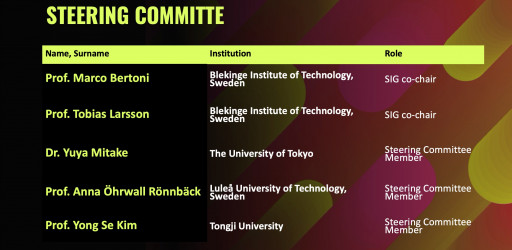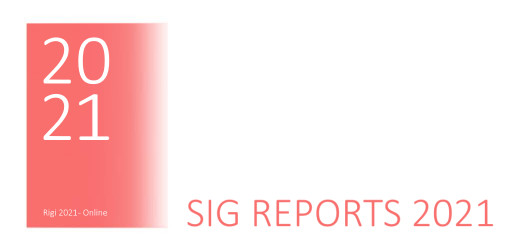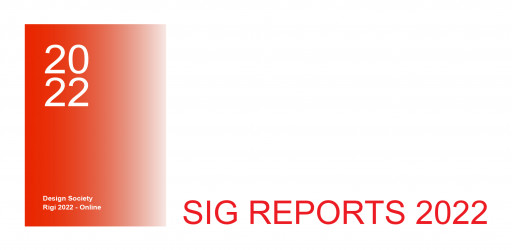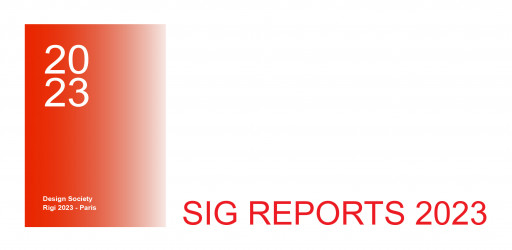The engineering design community has long debated the opportunity to integrate traditional product-based offers with value-added services – a strategy often referred to as Product-Service Systems (PSS). PSS are appealing both from an economic and societal perspective, mainly as a means to better fulfil customer demands, improve sales, be competitive in dynamic markets and meet sustainability targets. Many successful examples – from ABB to Xerox – are documented in literature, yet companies are found to struggle when attempting to shift from traditional one-sale models to PSS. Several challenges accompany this transition, from the need to extend the manufacturer’s responsibility, to the opportunity of establishing more intricate business relationships and of integrating heterogeneous capabilities –technical and more intangible - in the design process. This raises the demand for strategies, methods and support tools able to guide the PSS design process towards value adding solutions.
The main purpose of the proposed Special Interest Group (SIG) is that of investigating the issue of ‘well-conceived, intentionally designed and efficiently developed PSS’, collecting and supporting research work that contributes to the renewal of the ‘Design of PSS’ discipline.
Why is PSS important? Why now?
The topic of Product-Service System has been pivotal for many research communities in the last decades, even though these initiatives have not fully catalysed their scientific production on the pure ‘design’ issues. Recent mega-trends in technology development (digitalization, the Internet-of-Things, cloud computing) have revamped the interest in the latter, mainly because of the opportunity to exploit operational and lifecycle data to conceive and realize more efficient, value adding-solutions for customers. At the same time, the general public is increasingly more aware that ‘take-make-consume-and-dispose’ pattern of growth is not sustainable in the long term. Well-designed PSS represents an answer to the need for a more resource‐efficient, circular economy. Consumer behaviours are changing at equal rapid pace: more and more buyers today turn to peer-to-peer business models that target on their specific needs. Yet, contemporary sharing economy initiatives are currently situated around sharing existing products and services, not considering how they are designed. Practical knowledge on how to conceive, develop and prototype solutions for the sharing economy - to make a viable difference - remains virtually absent.
Why a PSS SIG in the Design Society?
The topic of PSS design has historically gathered plentiful interest within and outside the DS. The PSS STATS news series presents the full statistics from the last 4 editions of the International Conference on Engineering Design (ICED). More than 70 papers were published in the last 7 years that feature the term Product-Service Systems either in the title, in the keywords or as central theme in the paper.
What are the specific goals of the SIG?
The SIG wants to bring together academics, designers, training professionals and young talents to share knowledge and stimulate the achievement of new scientific advances related to the discipline of PSS design. The objective is to facilitate the mutual interaction between the community of design researchers and industry, identifying mutual research challenges and working together to understand, model and run PSS design processes.
The proposed Special Interest Group is guided by an overall ‘Agenda’, whose goals are to:
- create a multidisciplinary environment to raise the level of understanding of the ‘PSS design’ issue;
- make possible to share knowhow, know-who and know-why among the members of the SIG;
- improve the quality of the research output (e.g., methods and tools) by supporting a process of peer review;
- foster research coproduction and co-authoring among SIG members;
- apply SIG common knowledge to specific cases to make PSS happen in industry;
- actively involve industrial audiences in the codevelopment of PSS design approaches;
- facilitate the implementation and testing of tools and methods in reallife situations;
- supporting the dissemination of experiences and lessons learned from industrial implementations;
- identify best practices, guidelines and successful examples in research and in teaching;
- involve students and young researchers in the community of PSS design;
- foster the inclusion of servitization aspects within education curricula, thus preparing the next generations of engineering practitioners;
- exchange pedagogical and educational best practices in the field.
What do you plan to do?
The SIG is planned to organise workshops at major Design Society events, as a means to raise the level of understanding of the ‘PSS design’ issue. Starting from the autumn of 2020, the SIG will host a webinar series with academic experts and practitioners to share PSS know-how, know-who and know-why with the broader research community. Organizing spring schools, boot camps and tutorials for students and young researchers is another main goal for the group. In the medium-long term, the SIG vision is to establish its own bi-annual conference series in the topic PSS design.
How do I join?
Are you interested in joining, and maybe in taking an active role in the SIG? Please contact the SIG Chairs Marco Bertoni (marco.bertoni@bth.se) or Tobias Larsson (tobias.larsson@bth.se).
Are you member of the Design Society? You can then select to follow the PSS Special Interest Group(s) under ‘My profile’ -> ‘My Network’
About the PSS SIG (Members only )
SIG Report 2021
This Content is Available for Members Only
About the PSS SIG (Members only )
SIG Report 2022
This Content is Available for Members Only
About the PSS SIG (Members only )
SIG Report 2023
This Content is Available for Members Only




